M/V Rio Amazonas
Amazon Riverboat Charter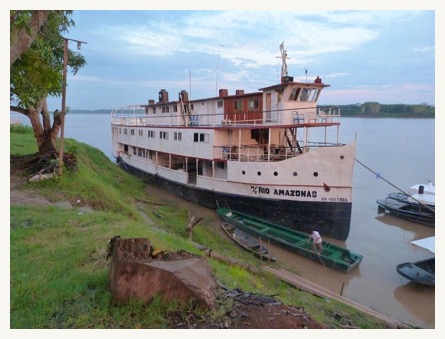
The well-known ship, the M/V Rio Amazonas has once again been reborn! Many of our clients from the 1980's and early 1990's enjoyed and remember this ship!
After years of use for tourism in Iquitos, Peru, and a few years of neglect, the grand old ship has been not just remodeled, but restored to much its historical glory. Improvements throughout, the ship even includes a new helm built similar to it original design - see below for before and after photos.
The M/V Rio Amazonas was built in the late 1800's in Scotland. After a long career as a cargo / passenger ship on the Amazon river it was completely rebuilt in 1981 to enable international travelers to experience the Amazon in comfort. After decades of use for tourism (including hundreds of Explorations’ clients), with recent a change of ownership, the restoration efforts on the ship have been impressive and the ship once again proudly sails on the rivers of the Peruvian Amazon.
The ship is now available to groups, organizations, and institutions for private explorations, filming, scientific research and field schools. Interact with local villagers and learn the intricacies of Amazon wildlife while exploring and/or researching in the largest national park in Peru, the Pacaya Samiria National Reserve. A group size of 18 to 22 people is optimal. (Contact us about ship charter options for 6 to 8 people.)
Led by an expert naturalist guides, your cruise charter’s daily excursions includes use motorized skiffs to reveal the flora and fauna of the Amazon rainforest and waters. You’ll have the chance to experience the jungle up close with an itinerary designed for the interests of your private group. The delicious cuisine onboard is regional and provides a unique and window into the local culture. Gain a rare glimpse of how life ‘on the river‘ is lived and experience the magic of the Amazon!
* Email us for the interests and goals for your group.
Historic steamship photo
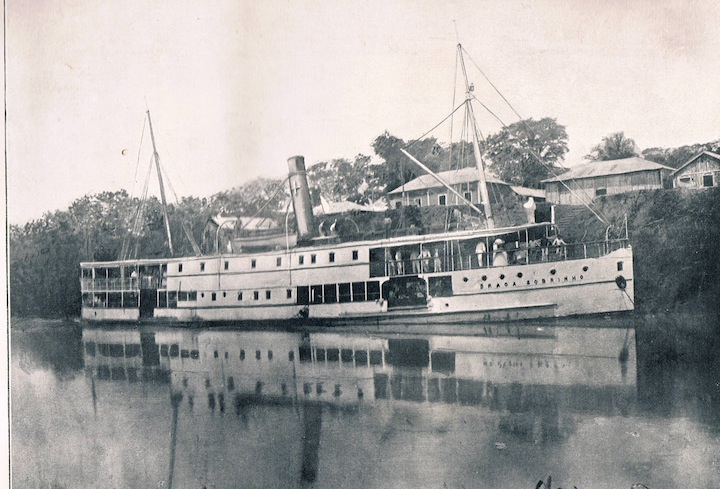
Previous tourism remodel
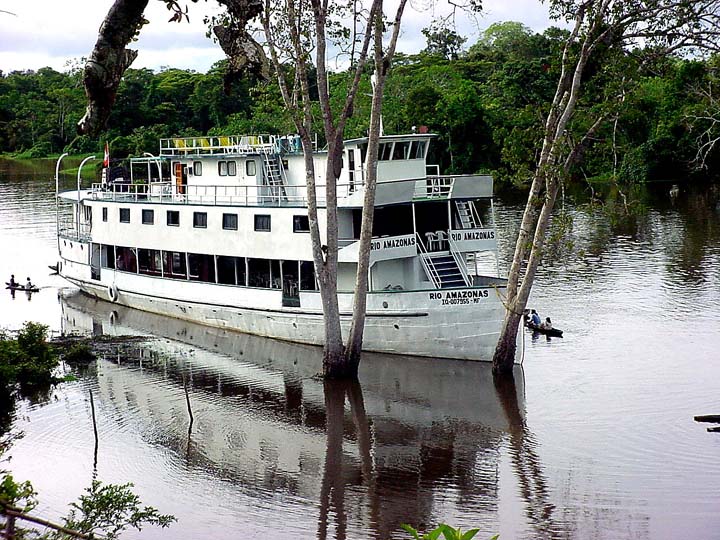
Current rebirth
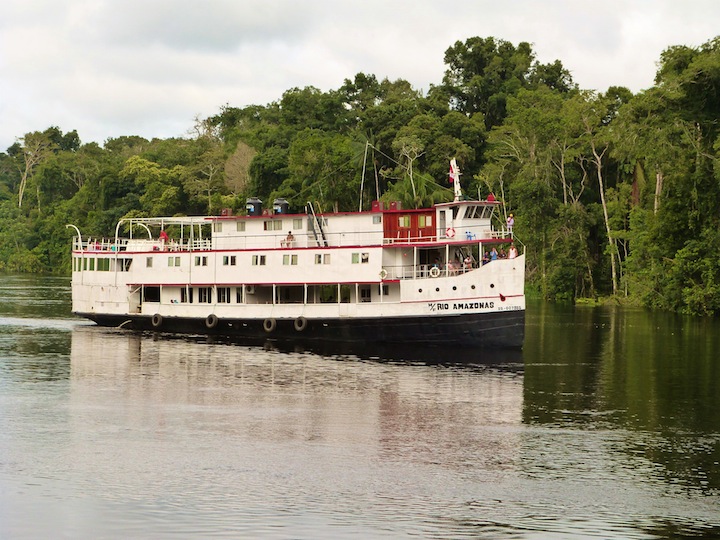
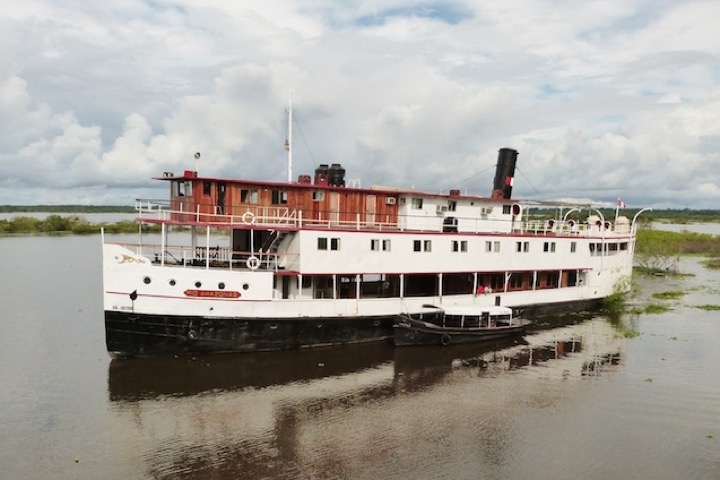
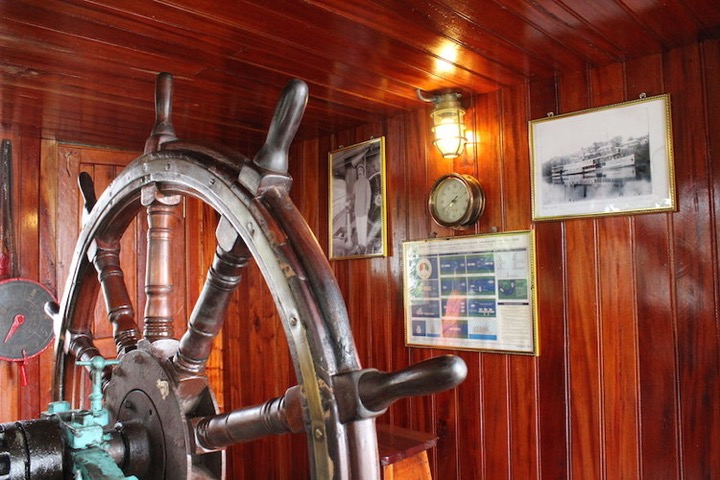
Sample natural history itinerary from Iquitos (shortest suggested for general interests - see below for research)
Day 1: Sunday: Iquitos - Nauta - Nauta Cano (Lunch, Dinner)
Depart around 9am for a roughly two-hour drive by private bus to Nauta where the M/V Rio Amazonas awaits. Once onboard, while having snacks and drinks, we have a safety briefing, introductions to staff, and general introduction to the ship.
After a buffet lunch and siesta, we will have a boating excursion on the Nauta Caño, a tributary of the Marañon River, where we will have our first opportunities to spot wildlife.
In the evening, we can enjoy a sunset cocktail, while the ship sails.
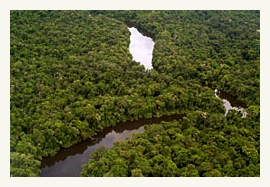
After dinner is a showing of the movie Fizcarraldo, directed by Werner Herzog.
Day 2: Monday: Mara–on River - Samiria River (All meals)
Birdwatching and sightseeing as the ship travels up the Marañon River.
After breakfast, is a presentation by our naturalist guide followed by bird watching and wildlife observations.
In the afternoon, we will arrive at the mouth of the Samiria River, where we will enter Pacaya Samiria National Reserve.
After dinner is a night excursion in search of nocturnal wildlife such as caiman, amphibians, and birds of prey.
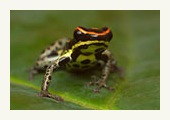
Day 3: Tuesday: Samiria River - Pacaya Samiria National Reserve (All meals)
A day of explorations according to interests such as, nature walks in the rainforest, wildlife-watching and/or fishing from the skiffs. You will be overwhelmed by the sheer size and magnitude of the national reserve as you enjoy the raw beauty of this untouched wildnerness.
Day 4: Wednesday: Pacaya Samiria National Reserve (All meals)
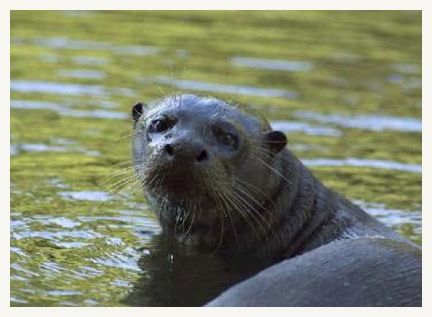
Another day of custom excursions, such as observing Pink River Dophins and leaning about the intricacies of the rivers and rainforest.
Day 5: Thurday: Pacaya Samiria National Reserve (All meals)
Depending on the water levels, we will enjoy a hike in the forest (during dry season), or enjoy navigation up ributaries in search of wildlife. In Pacaya Samiria, water levels can fluctuate drastically between seasons, leaving vast swaths of the forest inundated in high-water periods; or large beaches exposed in low-water season.
Day 6: Friday: Pacaya Samiria - Mara–on River - Amazon River Junction (All meals)
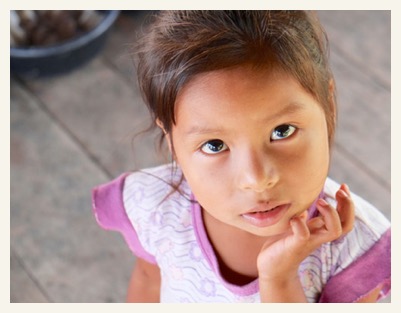
During the evening we will learn about common myths and legends of the Amazon.
Day 7: Saturday: Nauta - Iquitos (Breakfast)
Morning arrival in Nauta followed by your transfer to Iquitos airport for your return flight or to a hotel/lodge for overnight.
M/V RIO AMAZONAS SHIP
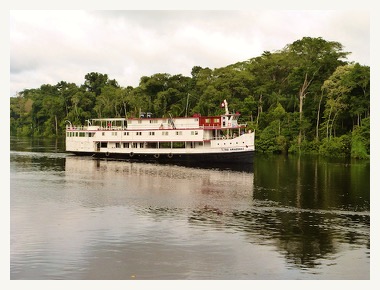
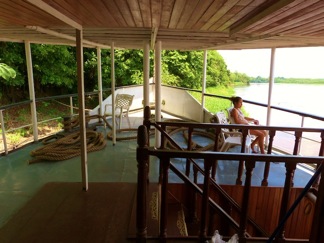
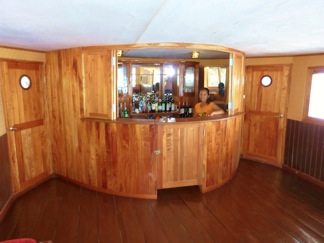
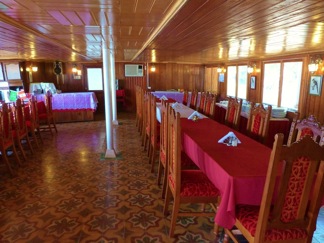
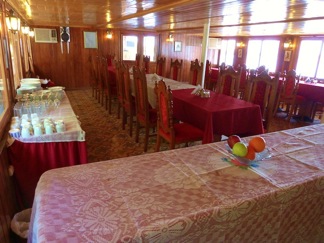
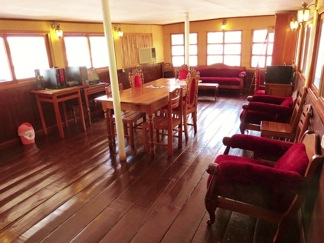
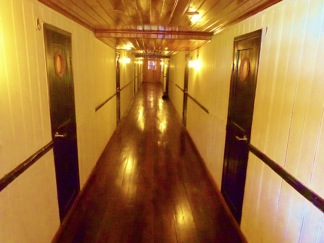
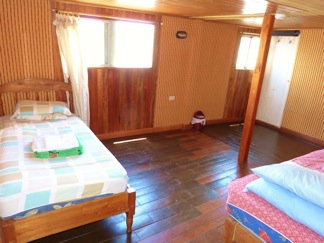
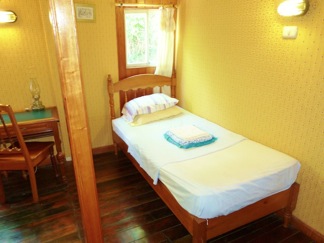
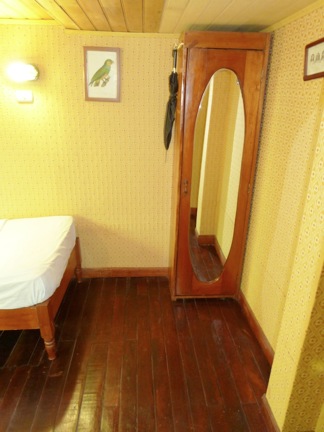
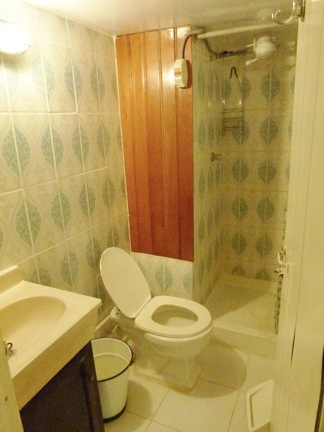
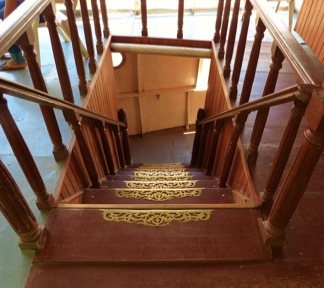

Wildlife
Amazon wildlife that you are likely to see include during your explorations include: pink dolphins, the smaller grey river dolphin, pre-historic looking hoatzin birds, sloths, monkeys, colorful tree frogs and toads, iguanas, toucans, parrots, macaws, kingfishers, horned screamers, herons, terns, hummingbirds, caiman, leaf cutter and army ants, piranhas, primeval looking catfish, strange looking insects and of course, a myriad of beautiful butterflies such as the iridescent blue Morpho. More rarely encountered are river otter, manatees, capybaras, anteaters, electric eels, the large tapir, and jungle cats. You can also experience perhaps the strangest wildlife of all; the nightlife on a ship in the middle of the Amazon Rainforest!

Amazon research cruises and study tours
The M/V Rio Amazonas provides great opportunities for mobile field schools in the Amazon Rainforest for a wide range of study; biology, zoology, mammalogy, botany, geography, ornithology, ecology, entomology, ichthyology, potamology and limnology, tropical agriculture, anthropology and more! The ship’s team of researchers and conservationists can assist and lead in a wide variety of disciplines and we can customize the number of days and itinerary to best suit your needs.
Sailing out of Iquitos or Nauta there are wonderful biodiverse areas for various field schools.
With special research permits from the Peruvian government, the M/V Rio Amazonas can take research teams and school groups to the Pacaya Samiria National Reserve. You can participate in ongoing research programs in the remote wilderness of the Rio Samiria. It is an area rich in wildlife, even including spottings of Harpy Eagles. Basing the ship out of Nauta, we can reach the research area within a couple days.
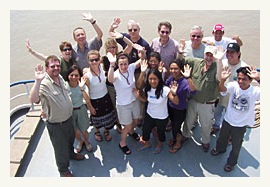
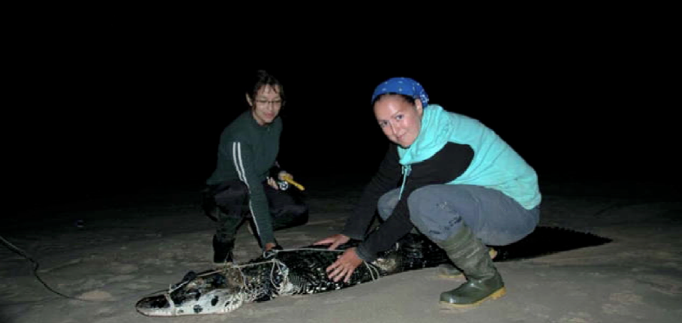
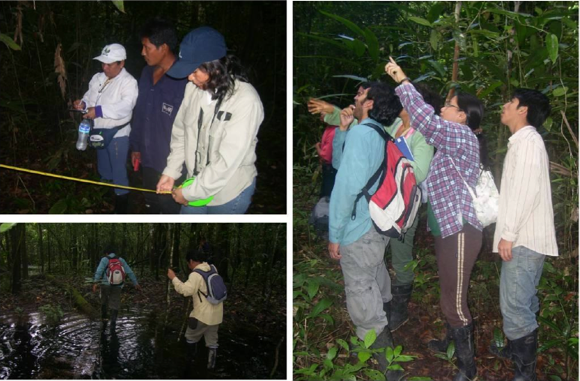
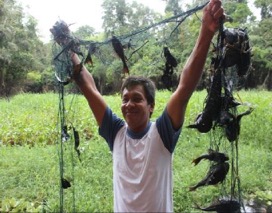
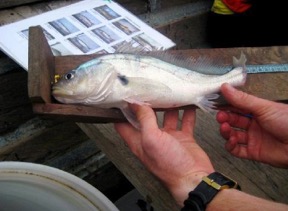
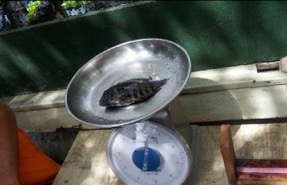
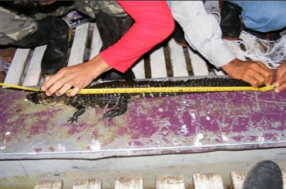
![]()
Photos below courtesy of FundAmazonia ![IMG_3544A []](Rio-Amazonas-cruise_files/img_3544a-005b005d.jpg)
![P1010675A []](Rio-Amazonas-cruise_files/p1010675a-005b005d.jpg)
![IMG_A1650 []](Rio-Amazonas-cruise_files/img_a1650-005b005d.jpg)
![IMG_2044A []](Rio-Amazonas-cruise_files/img_2044a-005b005d.jpg)
![P1010206 []](Rio-Amazonas-cruise_files/p1010206-005b005d.jpg)
![IMG_A7119 []](Rio-Amazonas-cruise_files/img_a7119-005b005d.jpg)
![IMG_4385A []](Rio-Amazonas-cruise_files/img_4385a-005b005d.jpg)
![Blue and yellow macaw []](Rio-Amazonas-cruise_files/blue-and-yellow-macaw-005b005d.jpg)
![IMG_2874A []](Rio-Amazonas-cruise_files/img_2874a-005b005d.jpg)
![IMG_A6129 []](Rio-Amazonas-cruise_files/img_a6129-005b005d.jpg)
![IMG_A9927 []](Rio-Amazonas-cruise_files/img_a9927-005b005d.jpg)
![IMG_1394.A []](Rio-Amazonas-cruise_files/img_1394.a-005b005d.jpg)
![IMG_8116A []](Rio-Amazonas-cruise_files/img_8116a-005b005d.jpg)
![IMG_6692A []](Rio-Amazonas-cruise_files/img_6692a-005b005d.jpg)
![Amazon king fisher []](Rio-Amazonas-cruise_files/amazon-king-fisher-005b005d.jpg)
![IMG_3726.A []](Rio-Amazonas-cruise_files/img_3726.a-005b005d.jpg)
![[000097]A []](Rio-Amazonas-cruise_files/005b000097005da-005b005d.jpg)
![IMG_0599A []](Rio-Amazonas-cruise_files/img_0599a-005b005d.jpg)
![P1150918A []](Rio-Amazonas-cruise_files/p1150918a-005b005d.jpg)
![2. Mono coto. Red howler monkey (Aloutta seniculus) []](Rio-Amazonas-cruise_files/2.-mono-coto.-red-howler-monkey-0028aloutta-seniculus0029-005b005d.jpg)
![IMG_A3250 []](Rio-Amazonas-cruise_files/img_a3250-005b005d.jpg)
![IMG_0401A []](Rio-Amazonas-cruise_files/img_0401a-005b005d.jpg)
![IMG_3792A []](Rio-Amazonas-cruise_files/img_3792a-005b005d.jpg)
![Brown capuchin monkey []](Rio-Amazonas-cruise_files/brown-capuchin-monkey-005b005d-2.jpg)
![IMG_1865A []](Rio-Amazonas-cruise_files/img_1865a-005b005d.jpg)
![IMG_4732.A []](Rio-Amazonas-cruise_files/img_4732.a-005b005d.jpg)
![IMG_1966.A []](Rio-Amazonas-cruise_files/img_1966.a-005b005d.jpg)
![IMG_1177A []](Rio-Amazonas-cruise_files/img_1177a-005b005d.jpg)
![IMG_6425A []](Rio-Amazonas-cruise_files/img_6425a-005b005d.jpg)
![IMG_3811A []](Rio-Amazonas-cruise_files/img_3811a-005b005d.jpg)
![Family group of pink dolphin []](Rio-Amazonas-cruise_files/family-group-of-pink-dolphin-005b005d.jpg)
![IMG_6058A []](Rio-Amazonas-cruise_files/img_6058a-005b005d.jpg)
![IMG_5107.A []](Rio-Amazonas-cruise_files/img_5107.a-005b005d.jpg)
![IMG_4937 []](Rio-Amazonas-cruise_files/img_4937-005b005d.jpg)
![IMG_4768A []](Rio-Amazonas-cruise_files/img_4768a-005b005d.jpg)
![IMG_0596A []](Rio-Amazonas-cruise_files/img_0596a-005b005d.jpg)
![IMG_A2432 []](Rio-Amazonas-cruise_files/img_a2432-005b005d.jpg)
![IMG_0085.A []](Rio-Amazonas-cruise_files/img_0085.a-005b005d.jpg)
![IMG_9347A []](Rio-Amazonas-cruise_files/img_9347a-005b005d.jpg)
![IMG_A9984 []](Rio-Amazonas-cruise_files/img_a9984-005b005d.jpg)
![IMG_4488 []](Rio-Amazonas-cruise_files/img_4488-005b005d.jpg)
![The fresh water giant fish (paiche or pirarucu fish) []](Rio-Amazonas-cruise_files/the-fresh-water-giant-fish-0028paiche-or-pirarucu-fish0029-005b005d.jpg)
![IMG_2112A []](Rio-Amazonas-cruise_files/img_2112a-005b005d.jpg)
![Black caiman []](Rio-Amazonas-cruise_files/black-caiman-005b005d.jpg)
![IMG_8398 []](Rio-Amazonas-cruise_files/img_8398-005b005d.jpg)
![IMG_8393.A []](Rio-Amazonas-cruise_files/img_8393.a-005b005d.jpg)
![IMG_2262A []](Rio-Amazonas-cruise_files/img_2262a-005b005d.jpg)
![P1090961.A []](Rio-Amazonas-cruise_files/p1090961.a-005b005d.jpg)
![]() Return to the top of this webpage :)
Return to the top of this webpage :)
